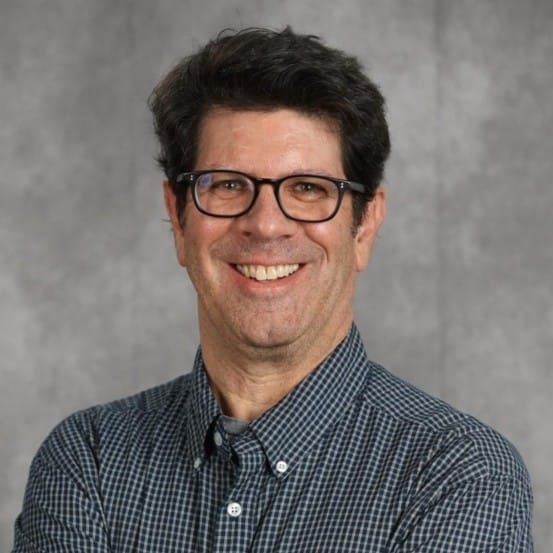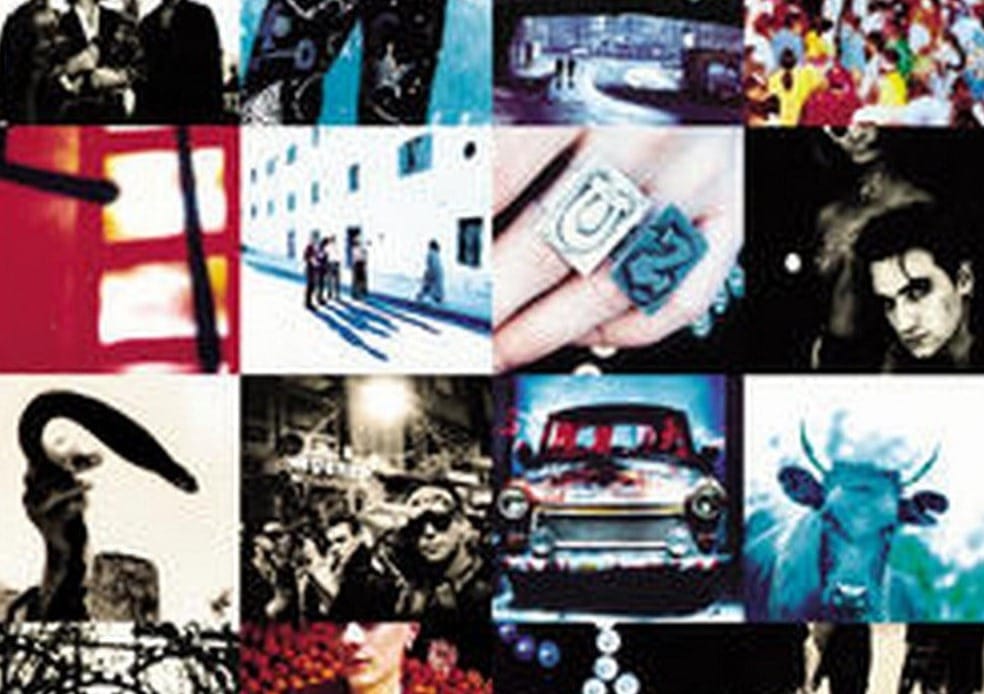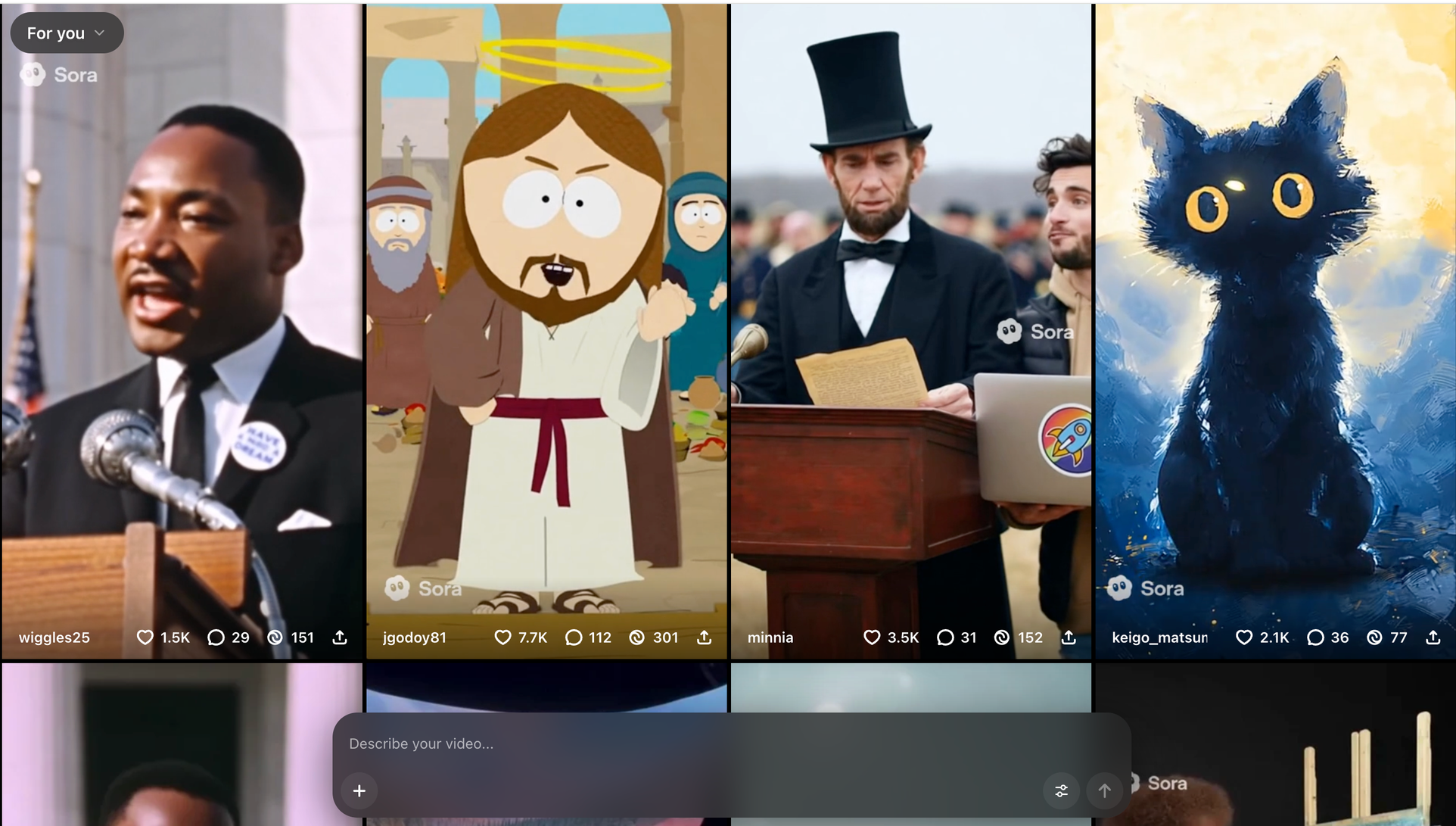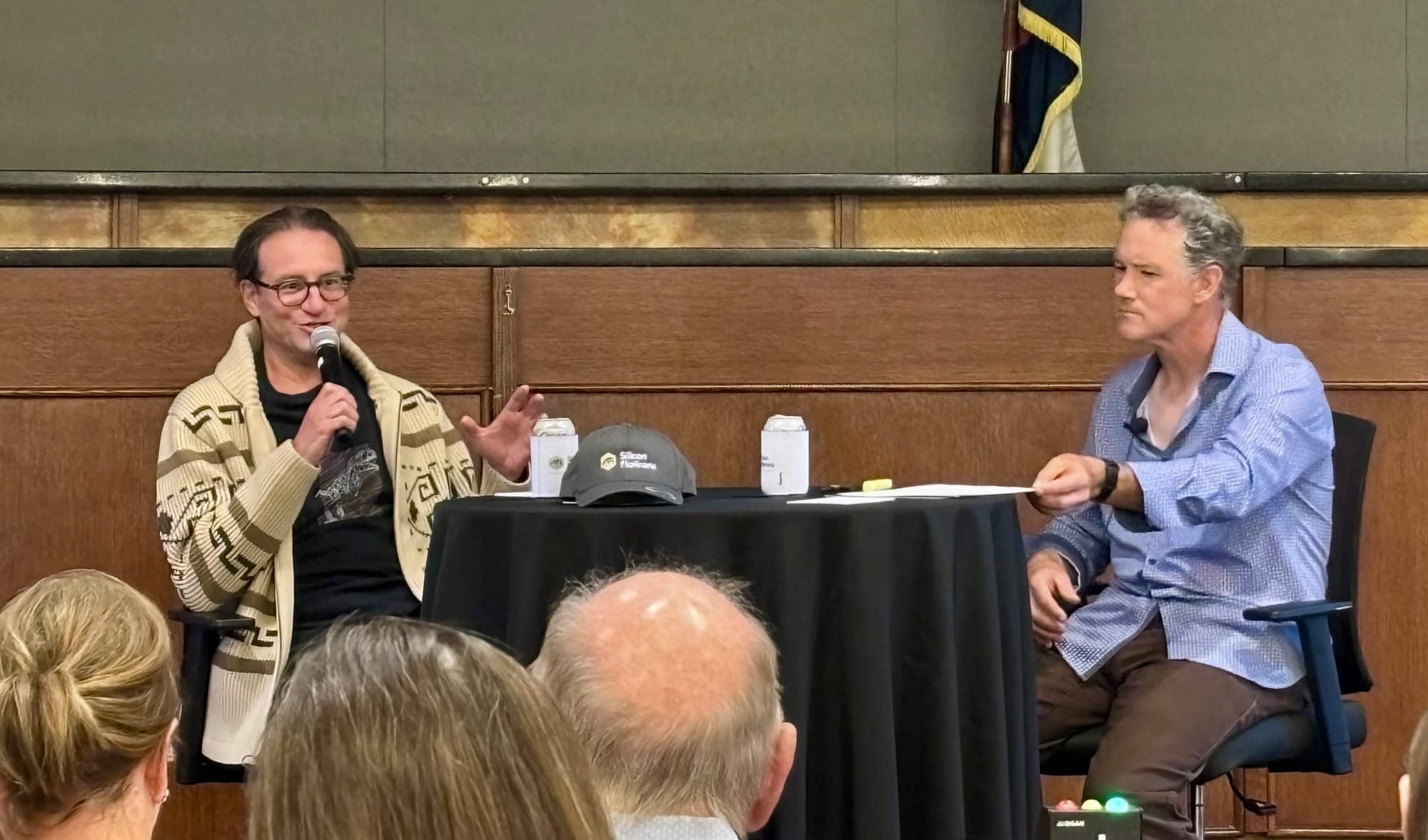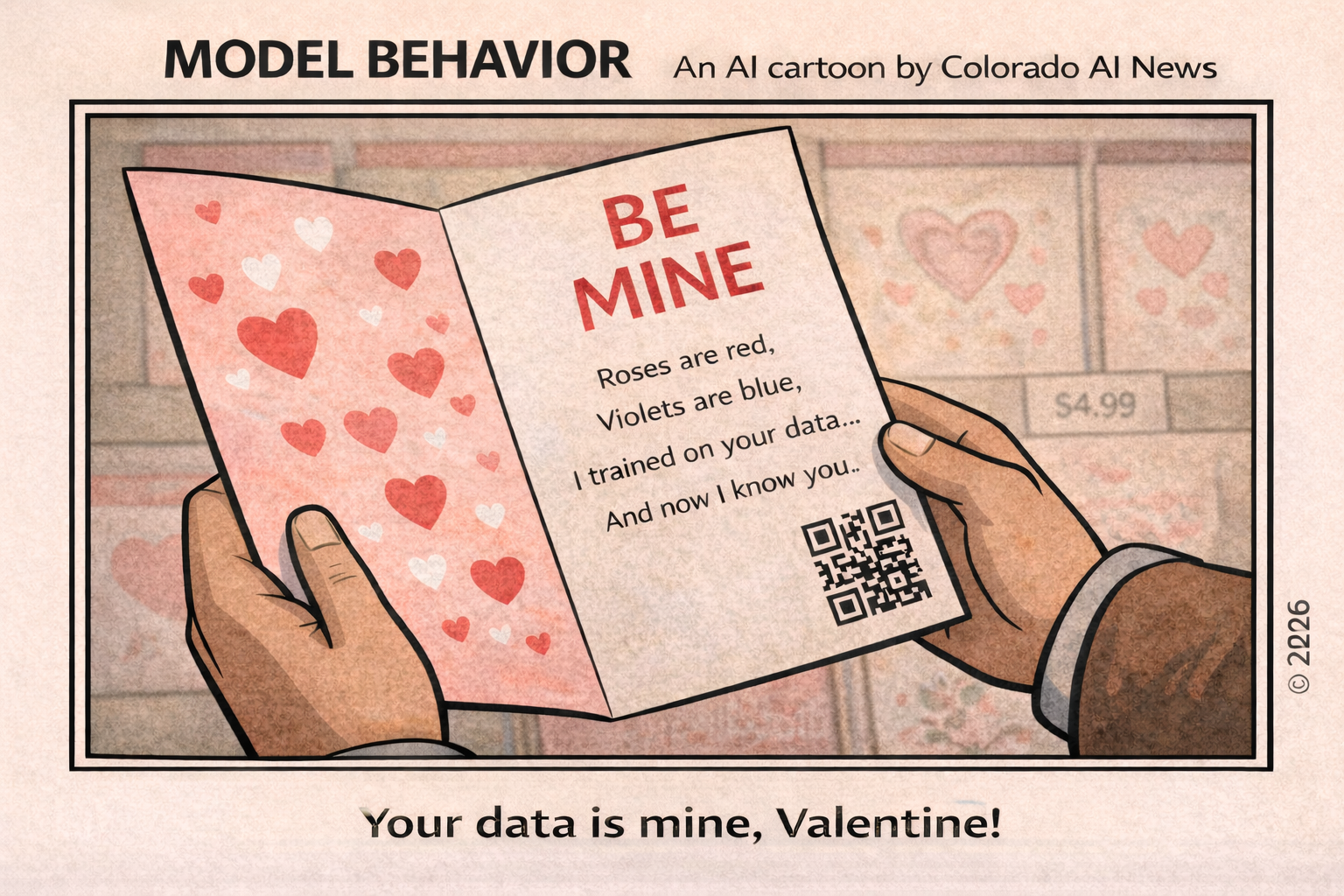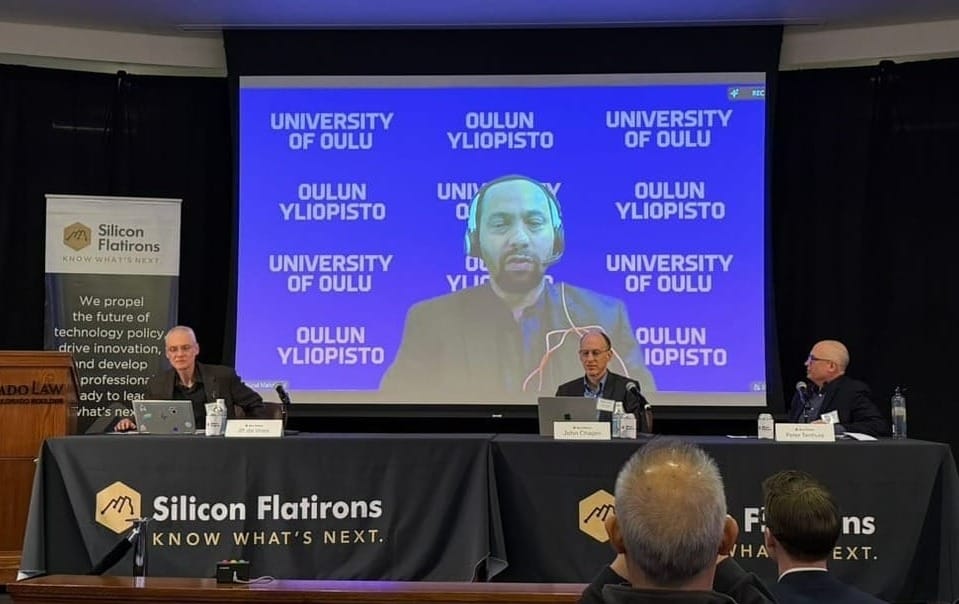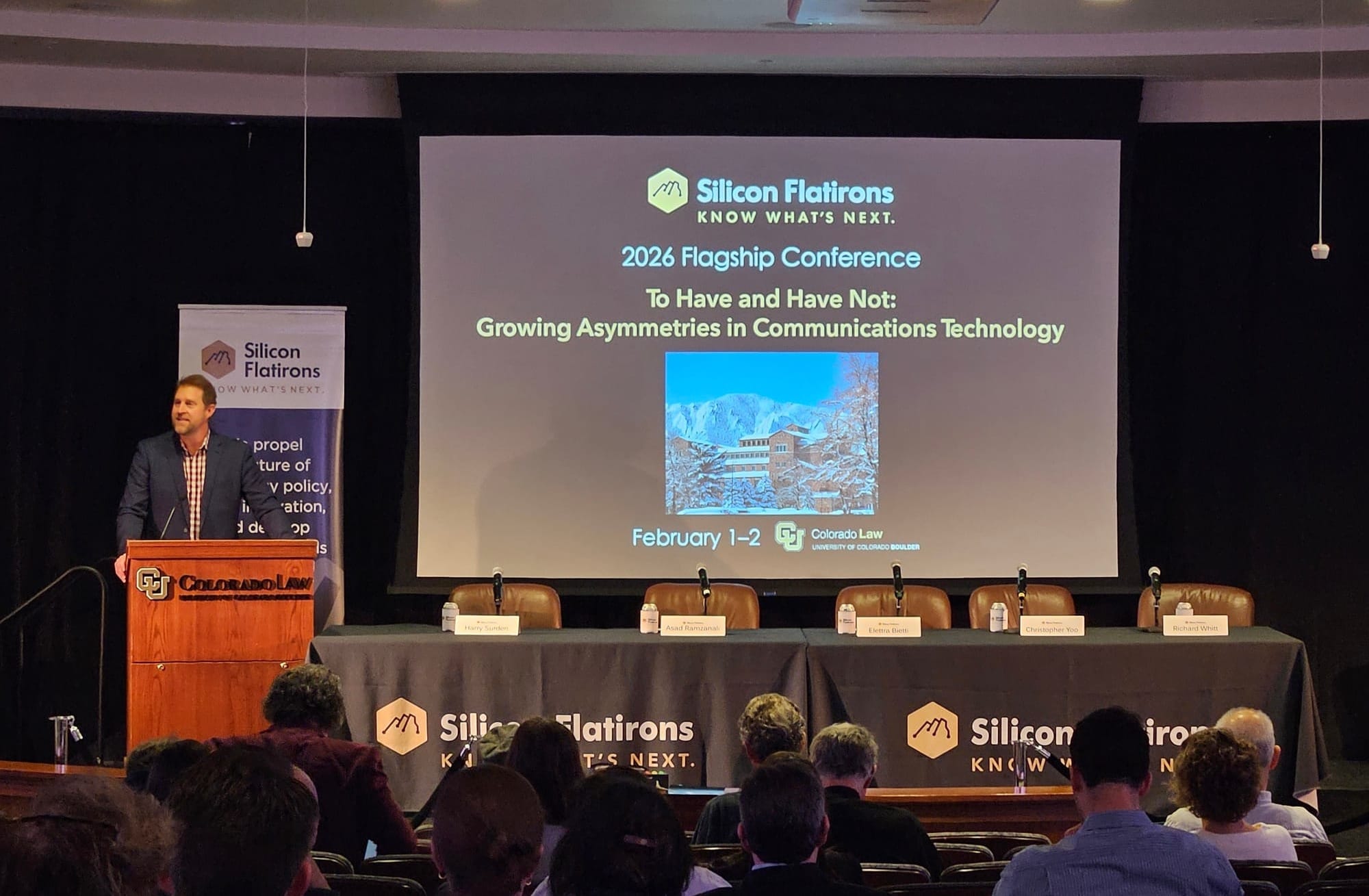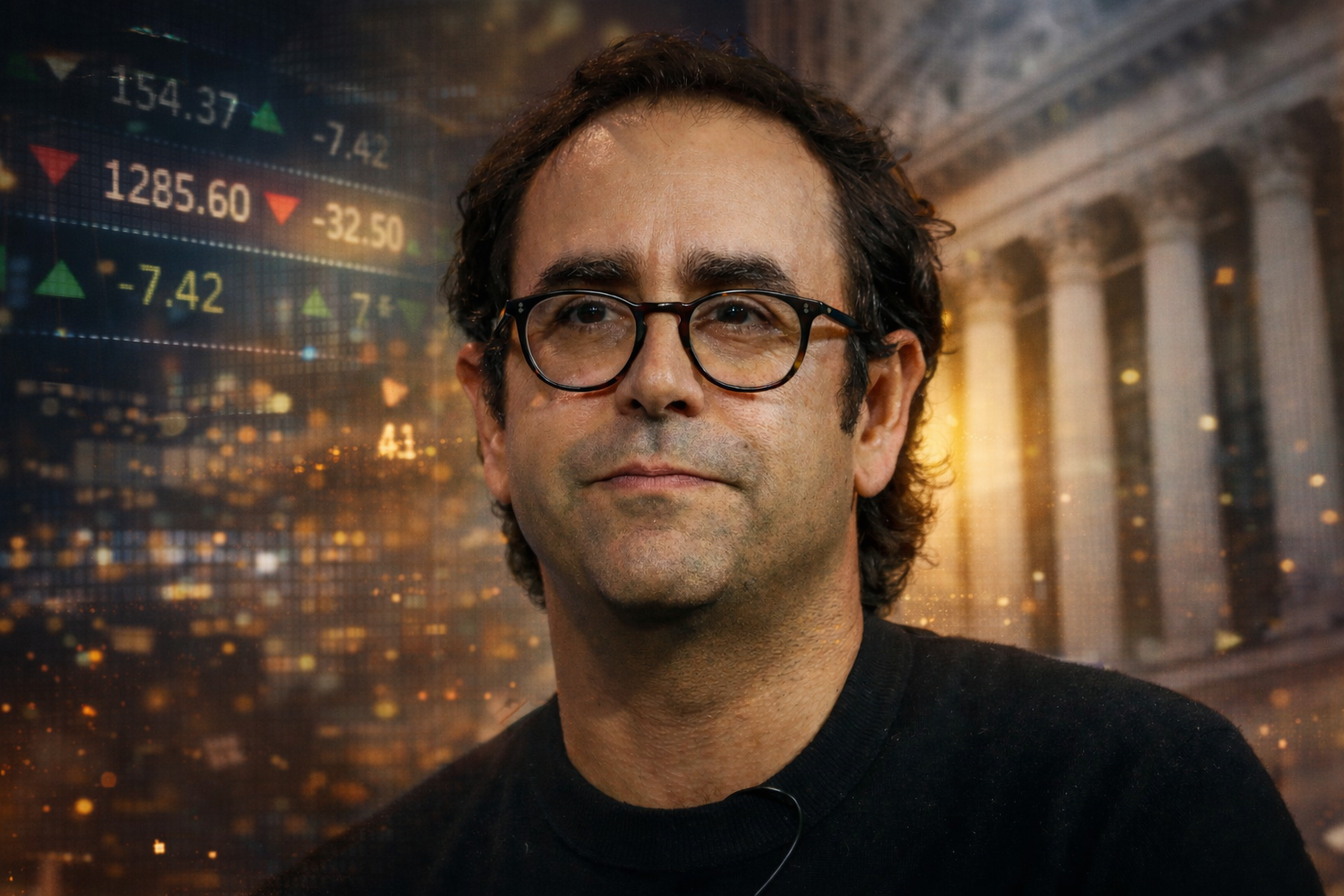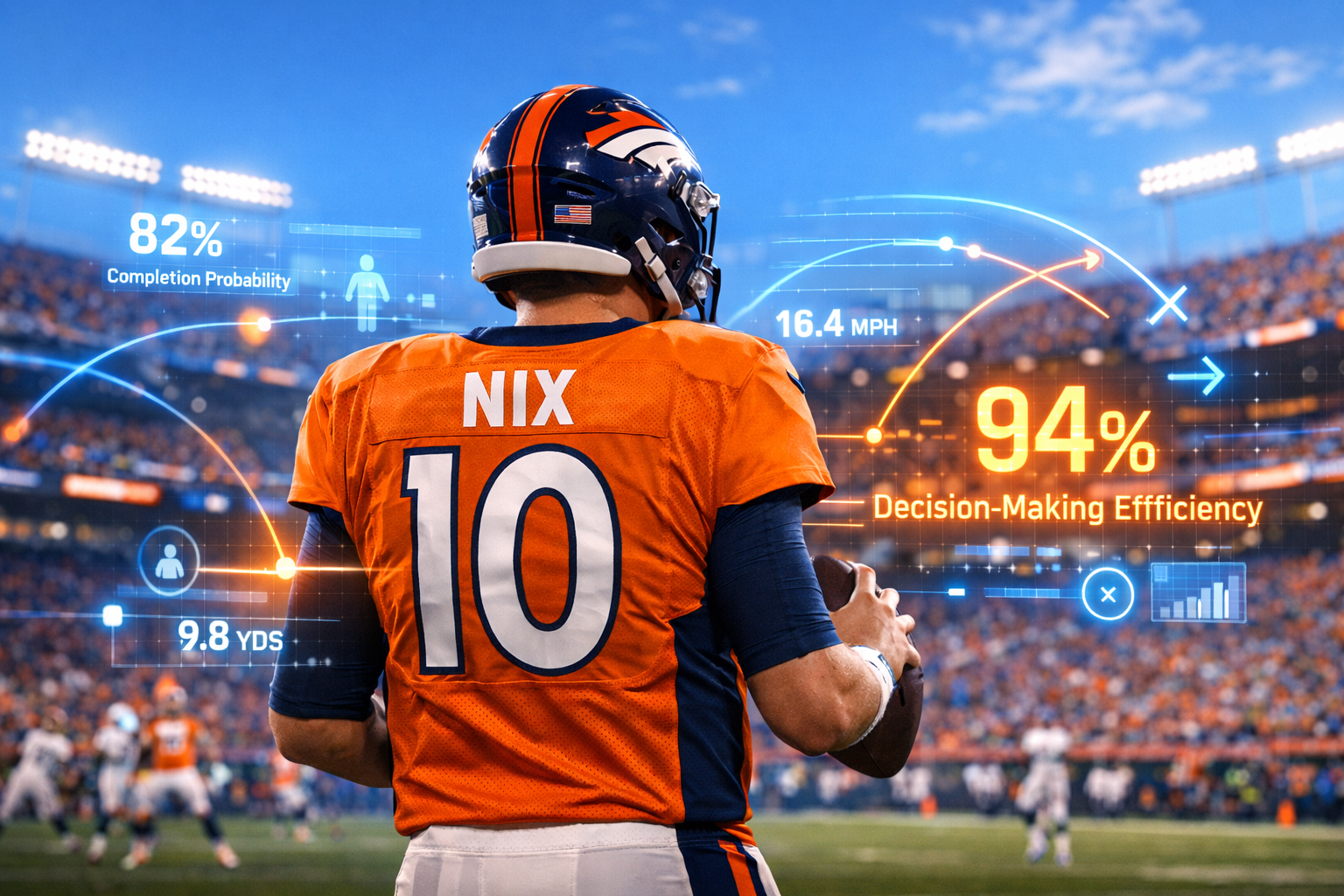"It’s no secret that a conscience can sometimes be a pest
It’s no secret ambition bites the nails of success
Every artist is a cannibal, every poet is a thief
All kill their inspiration and sing about their grief."
— U2, “The Fly,” Achtung Baby (1991)
More than 30 years later, these lines feel written for the age of AI.
When U2 recorded Achtung Baby in Berlin in 1990-91, the world was shifting dramatically. The Berlin Wall had just fallen, the Cold War was ending, and Europe was remaking itself in real time. U2, too, was reinventing itself — leaving behind the soaring earnestness of The Joshua Tree for a sound that was rawer, darker, more jagged. It was an album born of upheaval, channeled into something new.
And once again, in 2025, we’re living through considerable political upheaval that reverberates across the world. It’s not only the AI revolution that’s reshaping our lives; it’s the broader uncertainty and transition that makes these lyrics feel so alive today.
U2’s Achtung Baby came out in 1991, in a world still more analog than digital, and yet the lyrics of "The Fly" feel strangely prescient for our AI era. “It’s no secret that a conscience can sometimes be a pest” could just as easily describe the ongoing debate about AI alignment and ethics. Developers and policymakers wrestle with the “pest” of conscience every time they ask whether large language models should have built-in safeguards, or whether companies should slow innovation in the name of responsibility. The lyric reminds us that ethical restraint often feels inconvenient, but ignoring it has consequences.
The next line, “It’s no secret ambition bites the nails of success,” points directly at the fevered race between AI labs. In 2025, we see OpenAI, Google, Anthropic, Meta, and countless startups chasing the future at breakneck speed. Their ambition has brought breakthrough successes, but it has also created a tense environment where each step forward may come with unforeseen risks. Ambition fuels innovation — but it also gnaws at the very stability that success needs to endure.
“Every artist is a cannibal, every poet is a thief” speaks to today’s uneasy battles over data, authorship, and creative ownership. AI systems are trained on vast corpora (or corpuses, if you will) of human expression, often without clear consent, leaving many artists and writers feeling consumed by the very machines built on their work. The cannibal and thief metaphors capture this perfectly: Innovation often feeds on what came before, but when AI accelerates that process, the ethical lines blur.
Finally, Bono’s lament, “All kill their inspiration and sing about their grief,” could be read as a warning for today. If we allow technological convenience to dominate human imagination, we may sap the well of inspiration and be left only with nostalgia and regret. Yet, the lyric can also be flipped — perhaps grief itself becomes a new creative spark, pushing us to reclaim human meaning in an age of synthetic voices.
In this sense, U2’s early ’90s lament becomes a mirror for our current anxieties. Just as old science fiction can often reveal truths about the present, these lyrics foreshadow the paradoxes we face with AI: ambition vs. responsibility, inspiration vs. exploitation, creation vs. consumption. Three decades later, "The Fly" is still buzzing in our ears, reminding us that every technological age must confront its own conscience.

